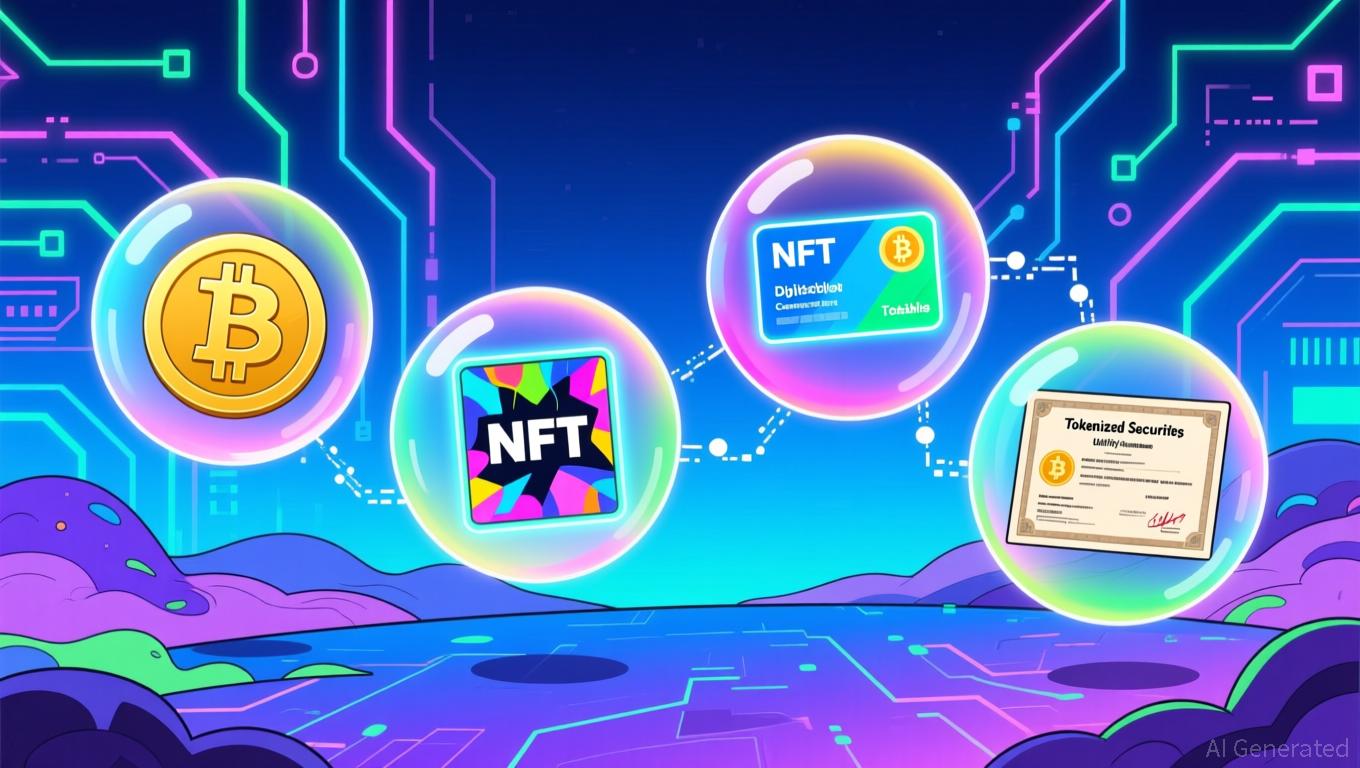South Korea Launches Domestic Stablecoin Trial to Compete with US Dollar Dominance
- South Korea's NH NongHyup Bank tests stablecoin-based VAT refund system for tourists via Avalanche , Mastercard , and Worldpay, aiming to digitize cross-border settlements. - The pilot validates technical feasibility without real funds, targeting 16.37 million 2024 inbound visitors by automating 10% tax refund processes and reducing administrative costs. - Korea's stablecoin push challenges USD dominance through KRW-pegged projects, with regulators drafting rules to balance innovation and financial stabi
NH NongHyup Bank of South Korea has introduced a pilot project aimed at simplifying value-added tax (VAT) refunds for incoming tourists through the use of stablecoins, representing a notable advancement in the nation’s ongoing efforts to digitize its financial sector. This trial, developed in partnership with blockchain networks
This initiative is designed for the expanding tourism industry, with South Korea recording 16.37 million foreign arrivals in 2024—a 48.4% jump from the previous year, as highlighted in a

This development supports South Korea’s national agenda to establish a stablecoin market tied to the Korean won (KRW), countering the prevalence of U.S. dollar-backed stablecoins such as
Despite the momentum, regulatory discussions continue. The Bank of Korea (BOK) has raised concerns that permitting private firms to issue stablecoins could threaten financial stability and monetary policy. BOK representatives maintain that only licensed banks should be allowed to issue stablecoins, while industry advocates push for broader participation to encourage innovation, as referenced in a
NH NongHyup’s pilot is part of a larger movement: South Korea’s financial industry is striving to become a frontrunner in digital currency innovation. With domestic stablecoin transactions already surpassing $41 billion, banks are focusing on collaborations to speed up adoption, as noted in a
As lawmakers work on new regulations, the government is under increasing pressure to act quickly. Critics warn that delays could allow international rivals to take the lead, especially as the U.S. and Japan accelerate their own stablecoin projects. “The technology is ready, and the market is calling for it,” said legislator Min Byoung-dug, a prominent supporter of President Lee Jae-myung, who has prioritized KRW-linked stablecoins in his policy agenda, as reported in a
Disclaimer: The content of this article solely reflects the author's opinion and does not represent the platform in any capacity. This article is not intended to serve as a reference for making investment decisions.
You may also like
SEC's Classification Strikes a Balance Between Fostering Innovation and Safeguarding Investors
- The SEC is advancing a "token taxonomy" to classify crypto assets under securities law, potentially reshaping digital asset regulation. - The framework, rooted in the Howey Test, categorizes tokens into four groups, with most not classified as securities. - Collaboration with Congress aims to resolve jurisdictional disputes via bills like the CLARITY Act, clarifying CFTC and SEC oversight roles. - Nasdaq's tokenized trading platform application aligns with efforts to position the U.S. as a global crypto

US Treasury authorizes staking in crypto ETFs

Dogecoin Holds Above $0.1712 as Recovery Triangle Nears Completion

Pyth Network (PYTH) Climbs 10.7% as Descending Channel Formation Tightens on 12H Chart
